Talk To Me Baby
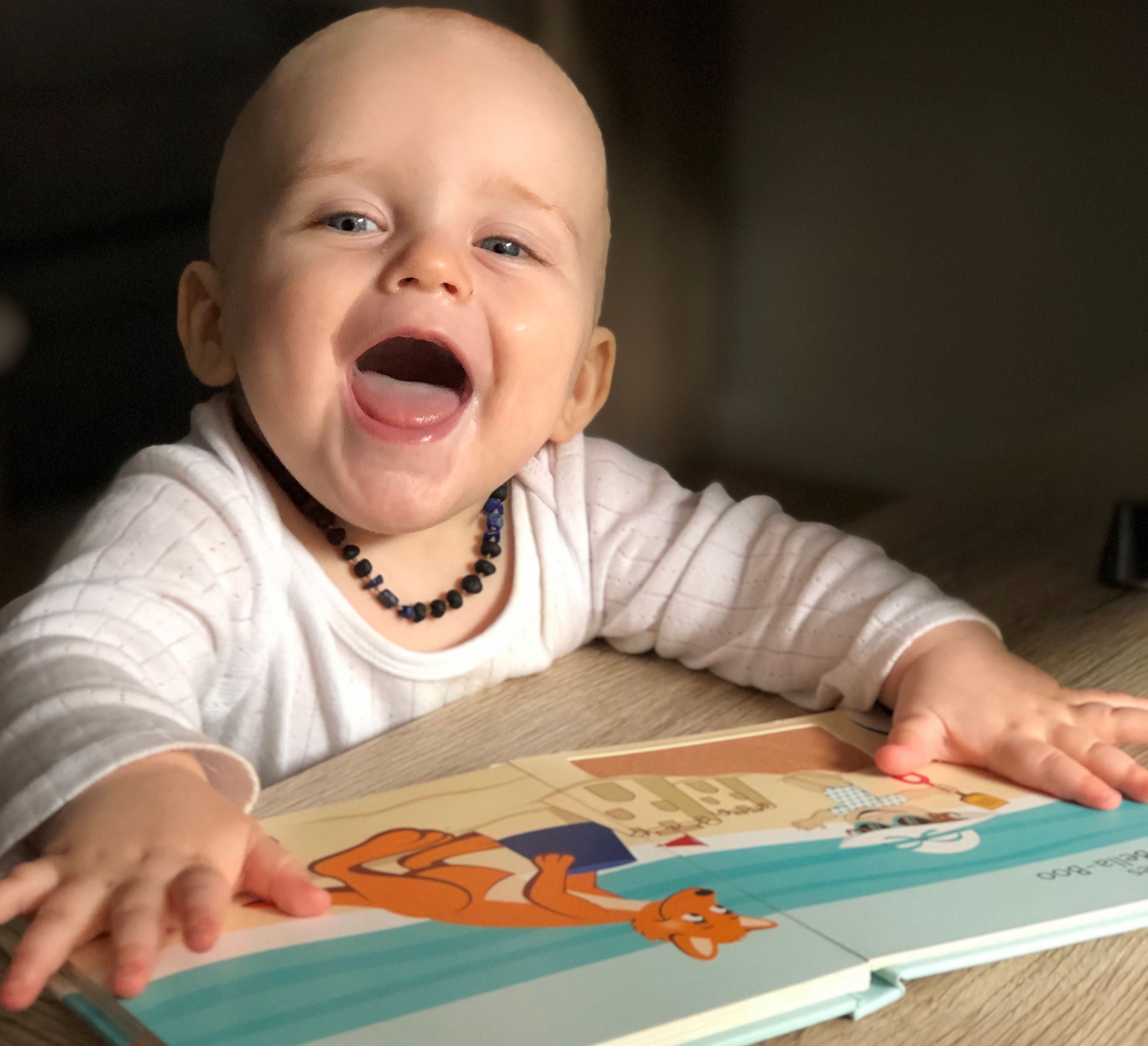

From the minute your baby entered the world they began working on communication with you through expression, crying and smiles. Further on you would have heard them gurgle and coo in response to the things you say. This was them trying to explain to you that they understand you and are trying their hardest to emulate your words and actions. From around 6 months you may have found their cooing turned more into a babble as they chatter to themselves or gain your attention through conversation. This communication is grate, but when will they say their first words?
You should expect your baby to actively say their first word somewhere between 10 and 15 months old. This means they are using a word in context, not just stinging together sounds. Usually around 12 months old they will be familiar with and attempting basic words like mama and dada knowing who those words correspond to.

It is also around this time that they begin to understand and respond to small basic sentences. So, when you ask if they want some more food they may respond with “yes”, “no”, “ta” or try to repeat the word “food”. These are all excellent forms of communication and when used in conjunction with sentences and questions will help your little one to make associations between words and items or actions. They may begin to also attempt to say words of things they have heard and identified such as “Ba” while pointing to the ball. It is important for you to recognise their effort and respond with conversation acknowledging the communication being made. So, I the case of them pointing saying “Ba” you can respond by asking if they want the ball encouraging them to try to say the word again.
As you watch and listen to the clues they give you, you can encourage them by responding and engaging to their sounds with expression and excitement. Try to elaborate through conversation, even if you feel like you are just talking to yourself, rest assured your baby is listening and storing all of the words they hear. Just like the ball, encourage conversation by talking to them in whole sentences. “Do you want to go outside? I wonder what we are going to see! Are we ready? Let’s go” This gives them a complete understanding of the task and the conversation rather than just pointing and doing. You can also narrate everything you are doing, telling them about the washing you are folding or the meal you are cooking. They will begin to associate your words with what they see and try to repeat the words through association.

Some parents become concerned about potential speech delays when comparing babies of similar age to their own, wondering why the other child is saying words already. Just remember that all babies learn at their own rate and to be patient with them. Don’t try to condition their speech pushing them to say certain words first or relying on repetition. If all along they have been making coos and babbles and attempting interaction with their surroundings their first words are likely just around the corner. If you are still concerned you can speak to your paediatrician who may put you in contact with a speech pathologist or hearing specialist.
Babies first words are one of the most memorable milestones a parent can experience, when they do finally pop out their first word, you will no doubt be excited, which in turn will let baby know to be so proud of themselves, encouraging them to do it again and again.

You can encourage conversation with your little ones through reading out loud to them, exploring picture books and discussing what’s happening in the picture, even if they haven’t said a word yet. Mizzie likes to help Bella Boo- Be Active and At the Beach board books are full of brightly coloured easily identifiable items that you can use to begin to create associations for bub. By pointing to the beach ball as you say the word ‘ball’ you are helping them to make connections in preparation for that big first word.
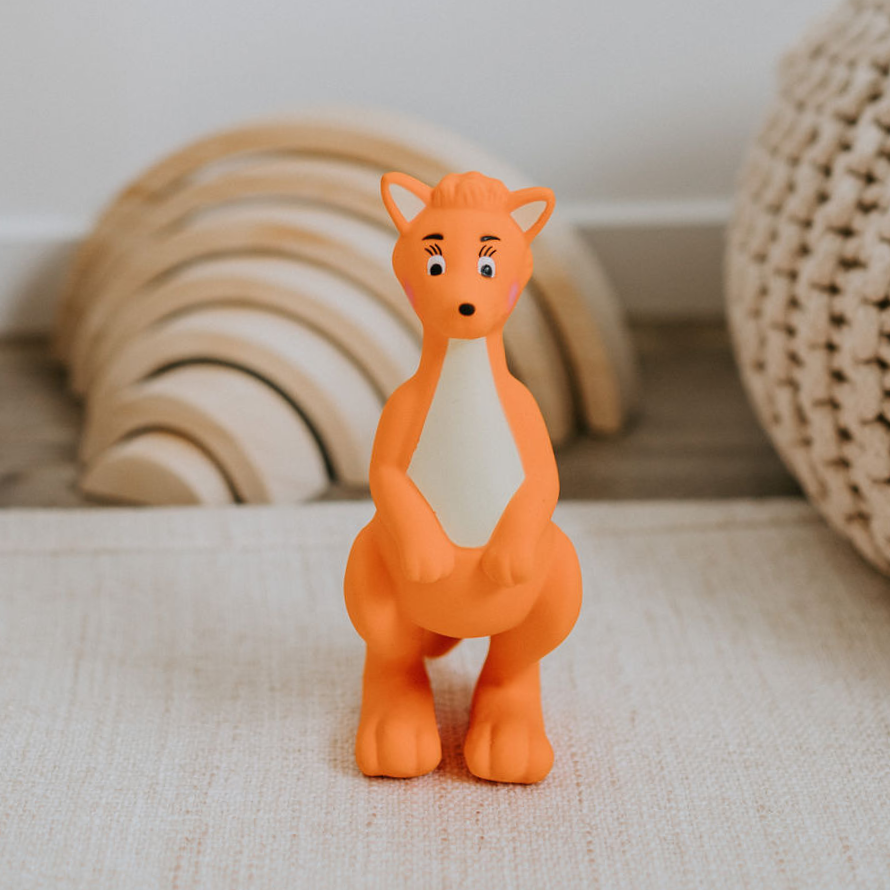
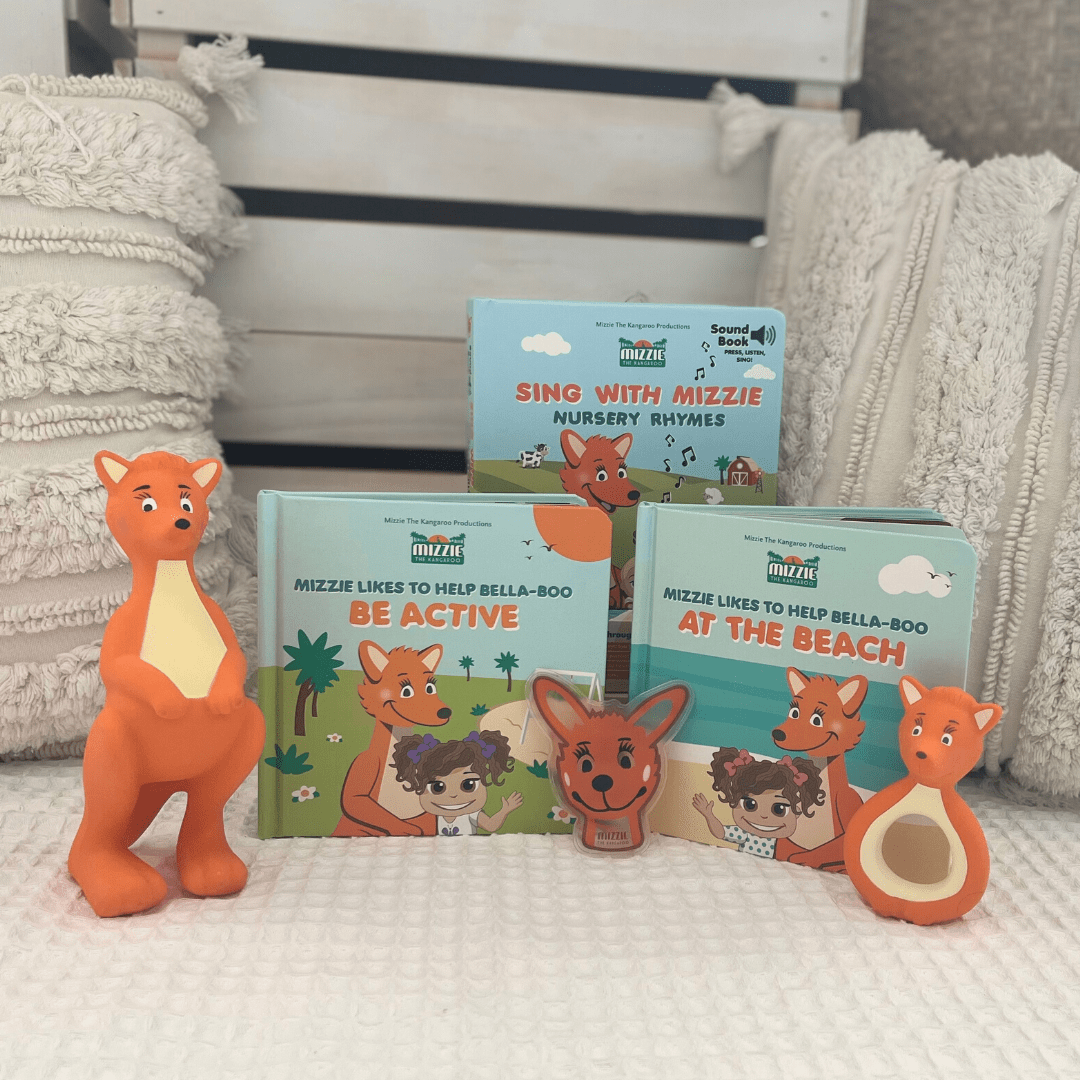
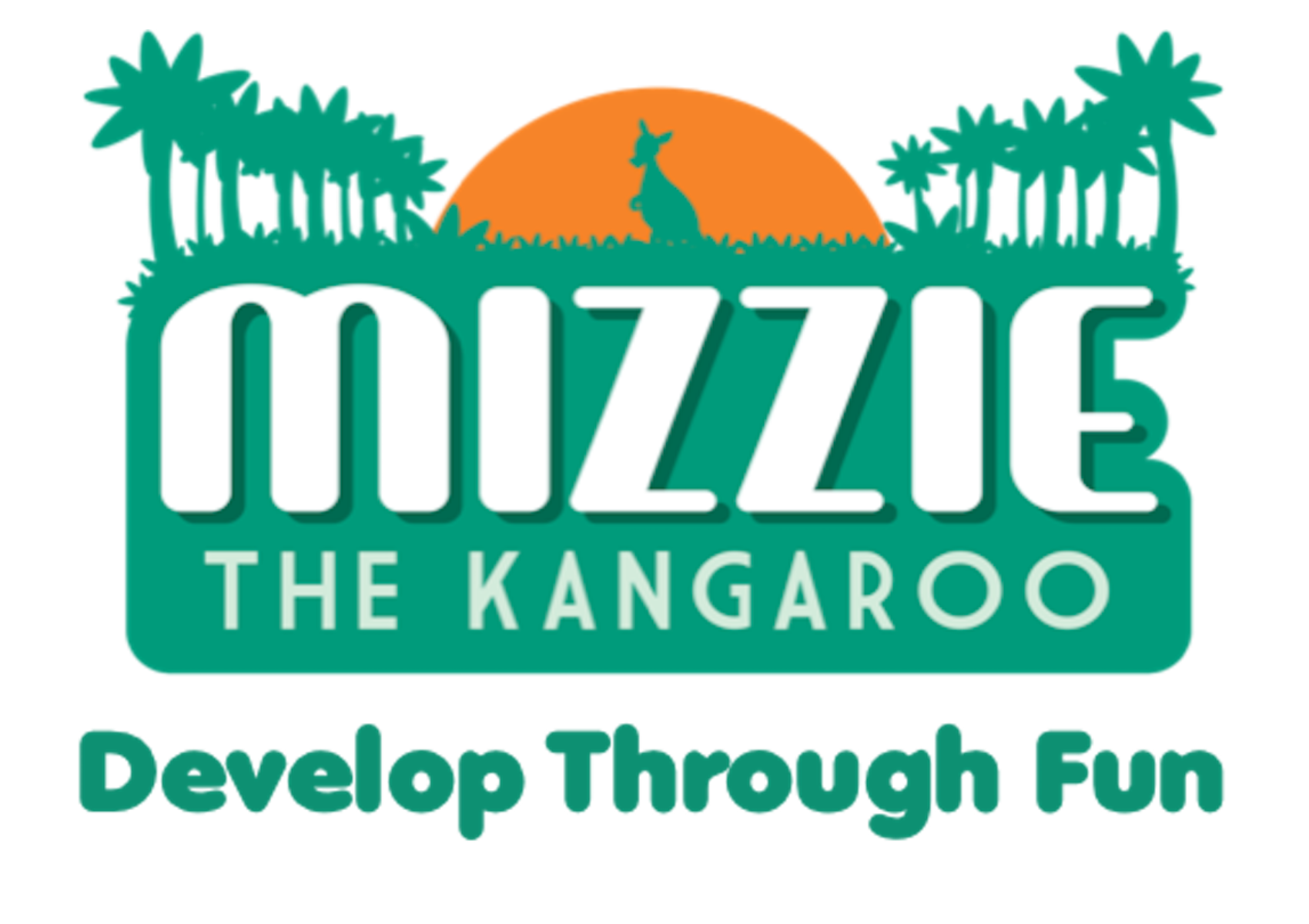

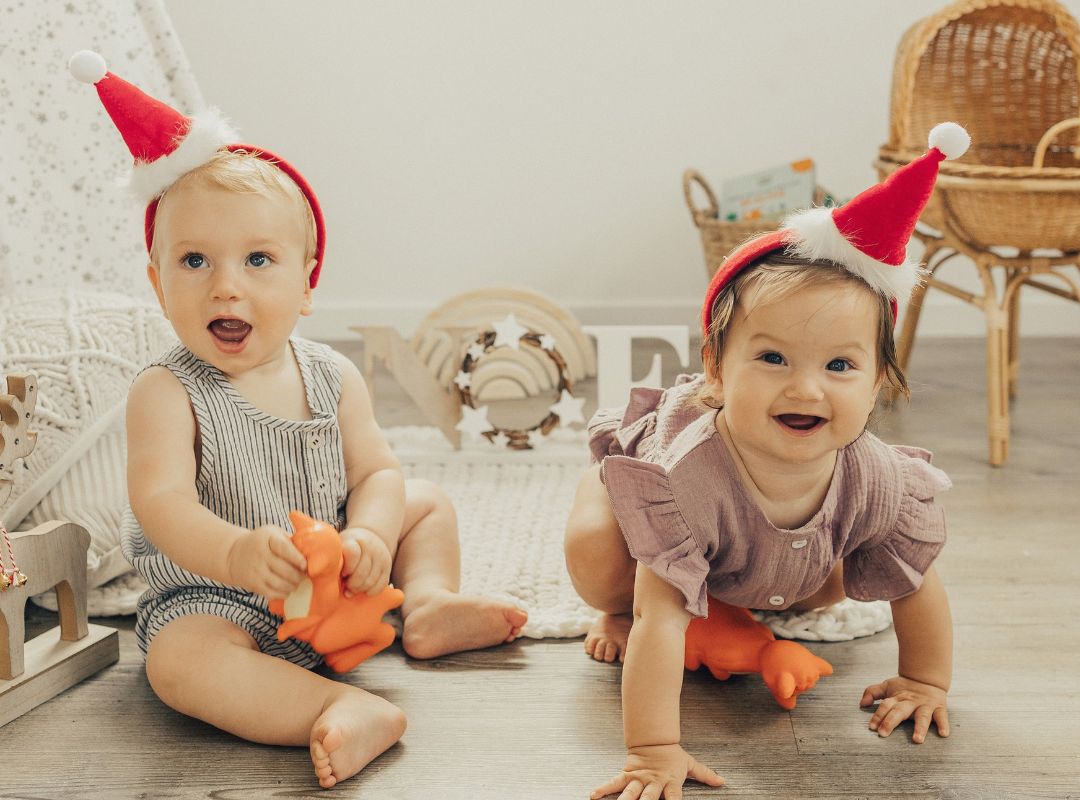
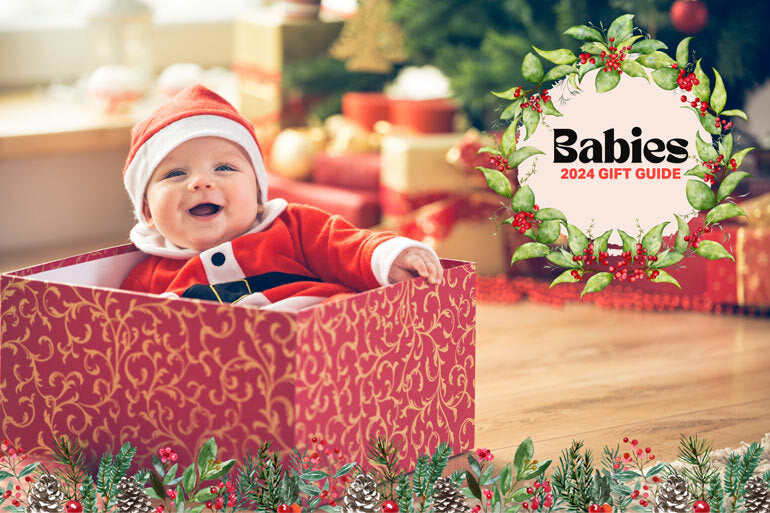
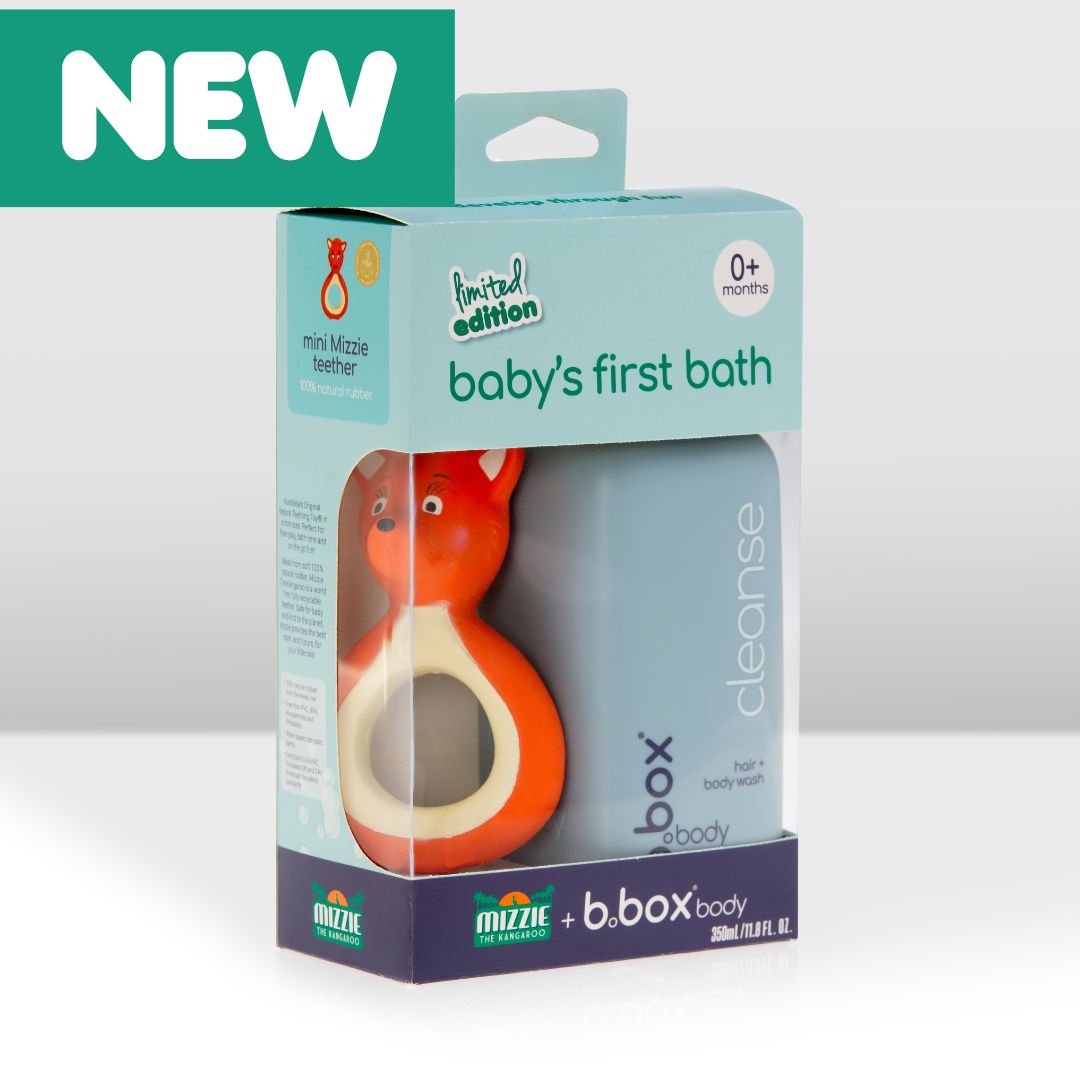
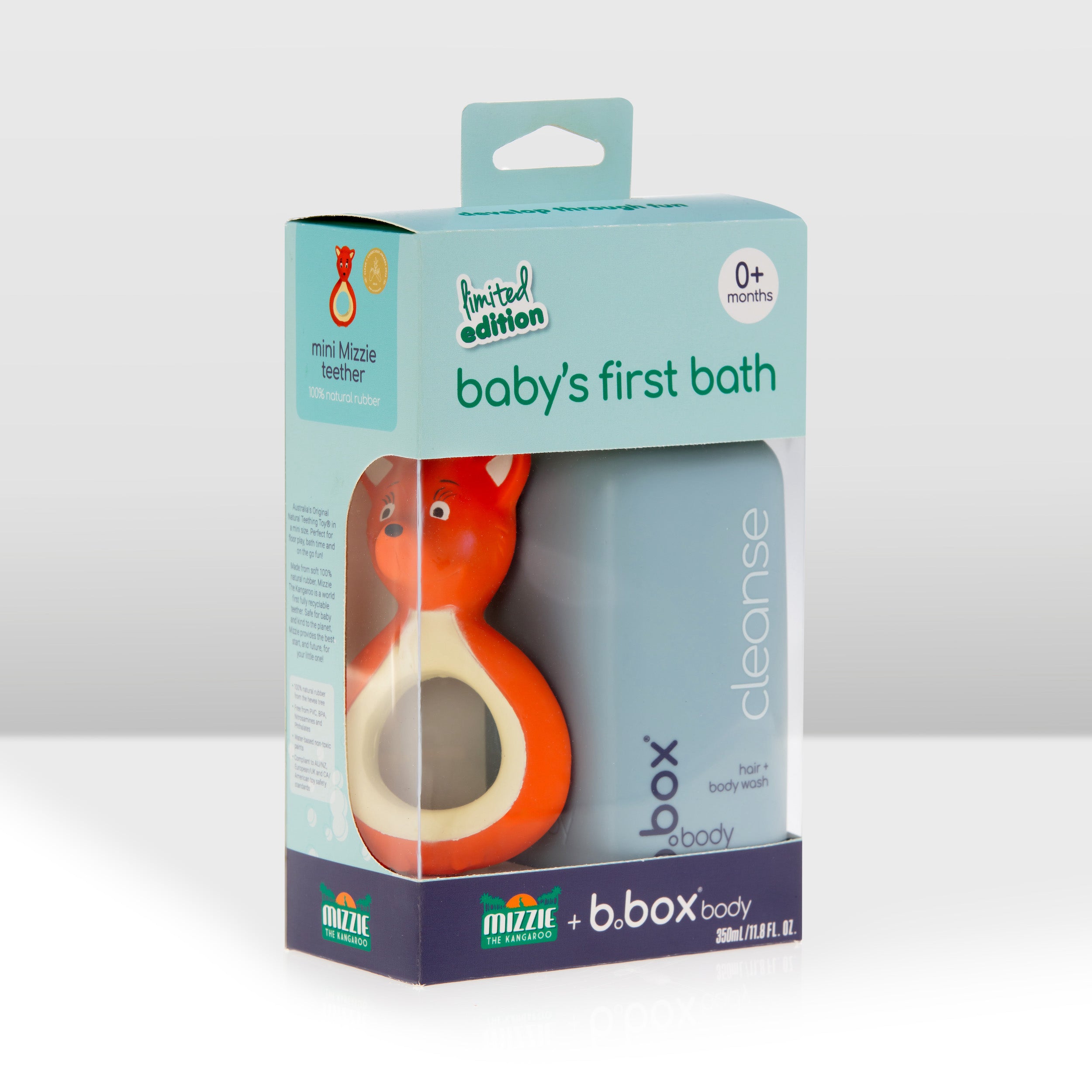
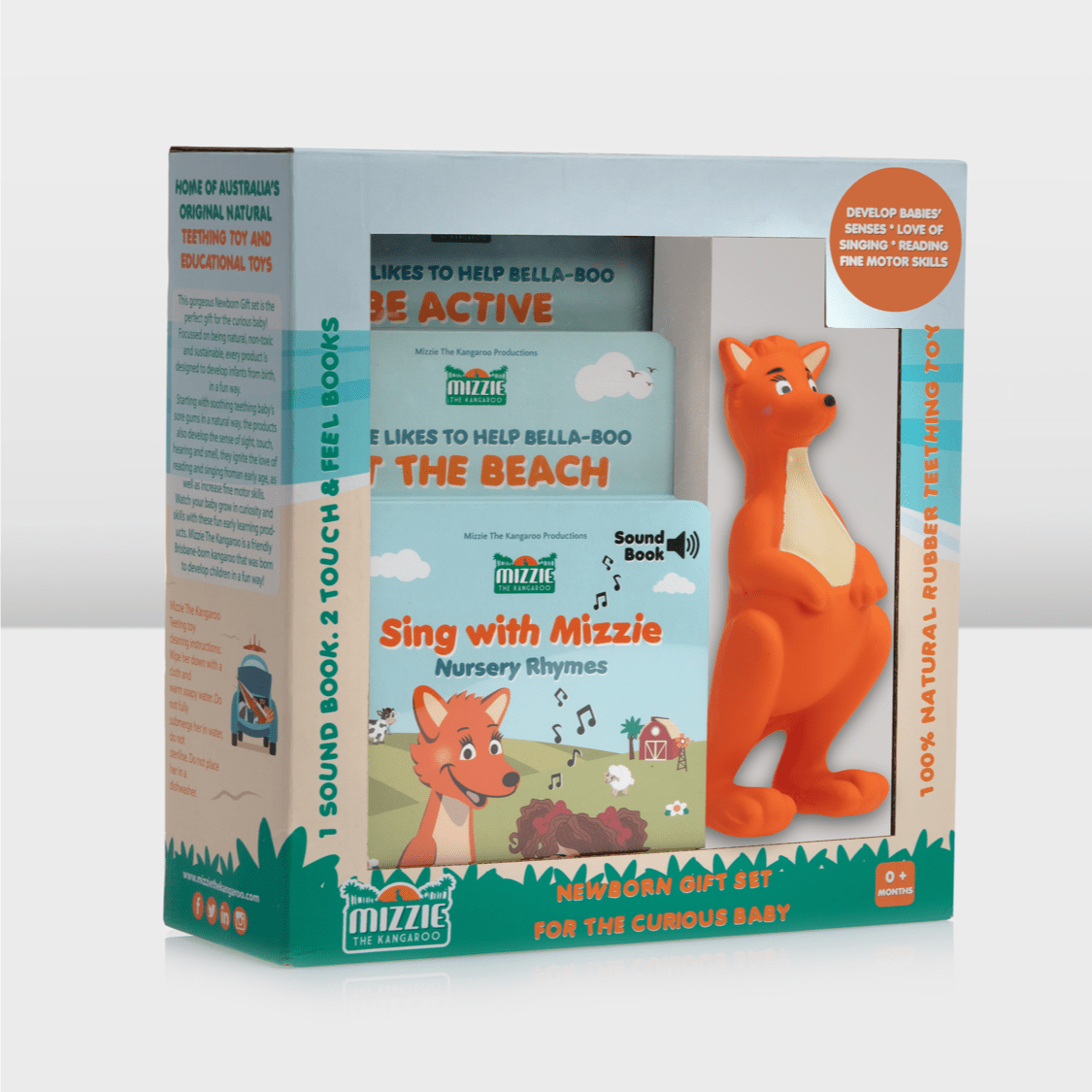
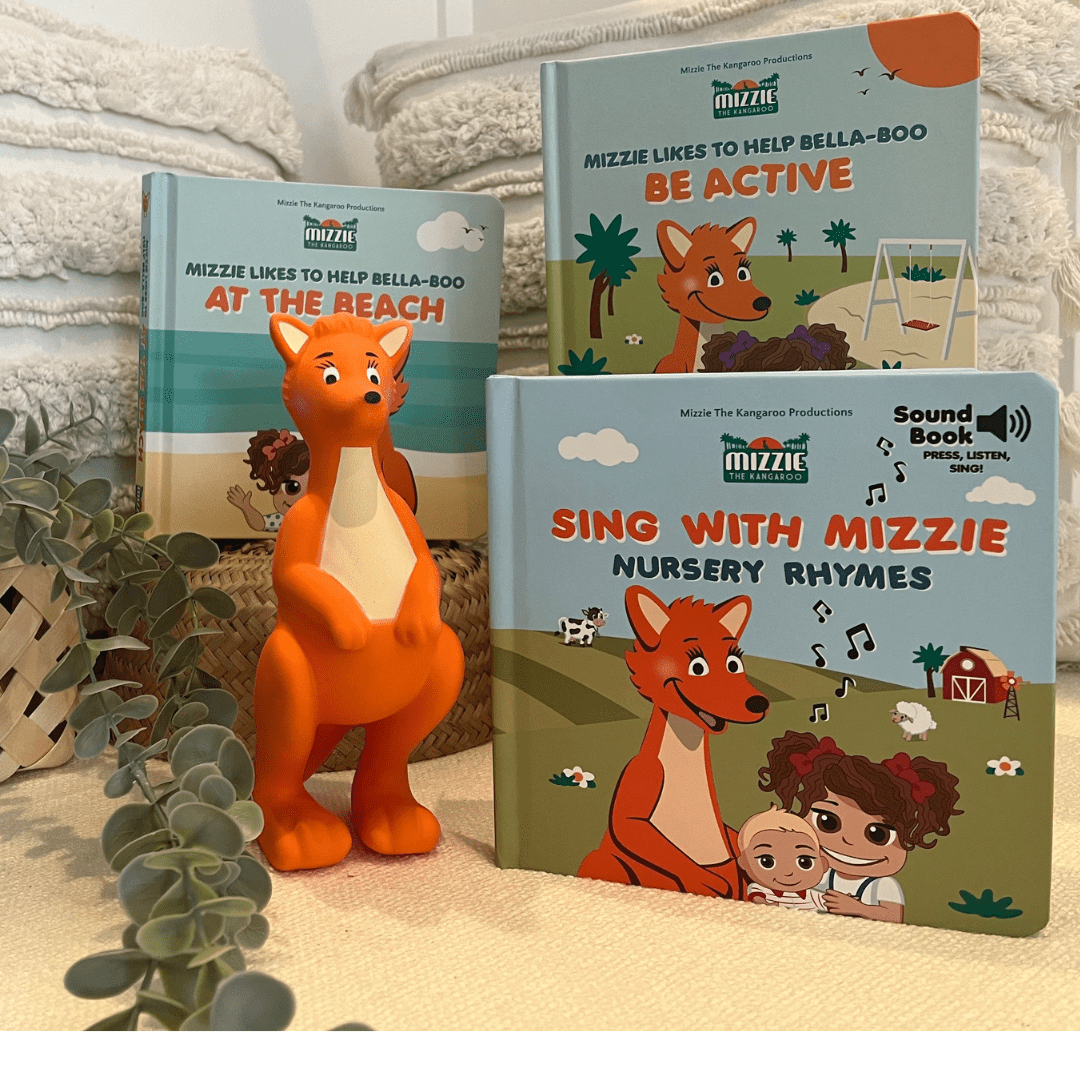
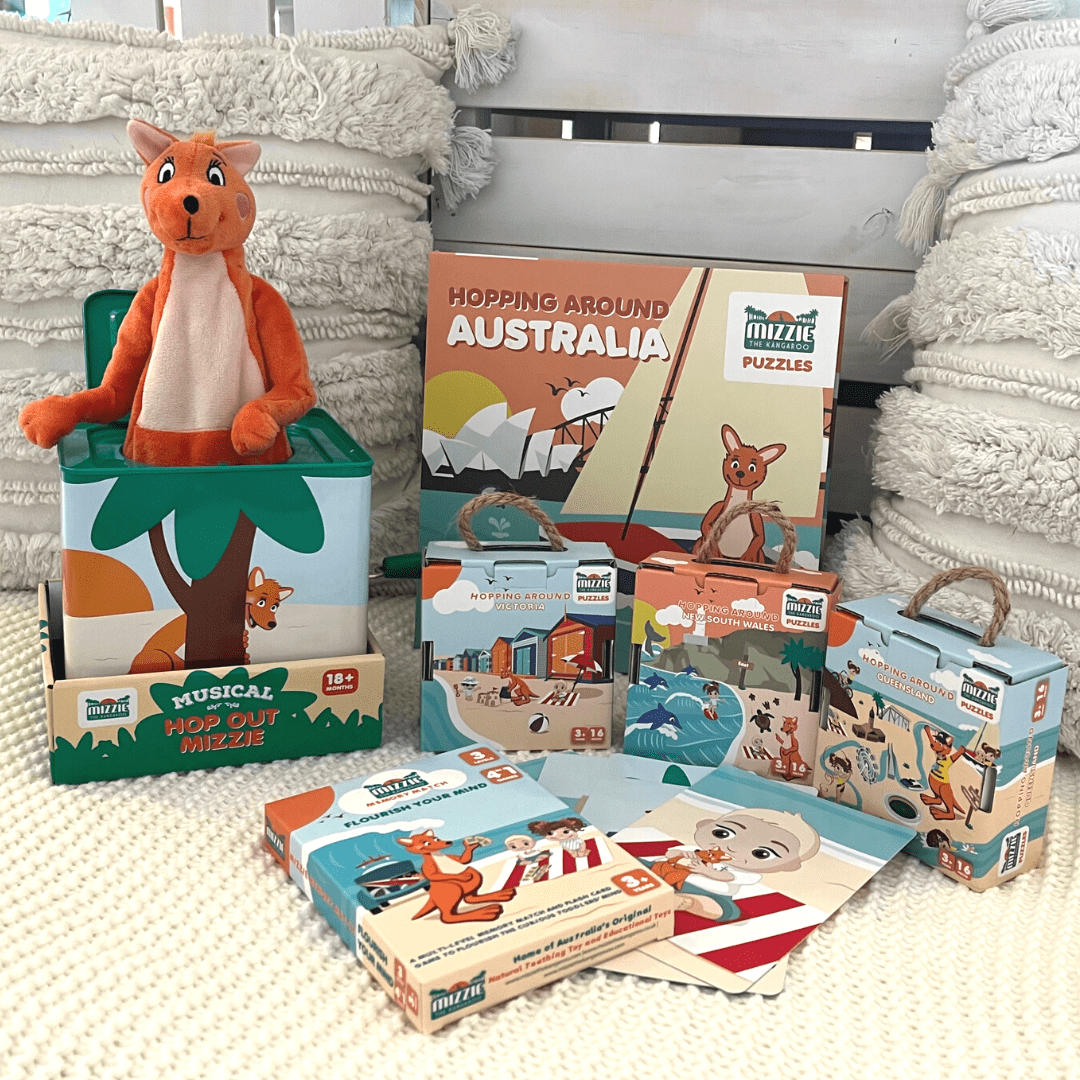
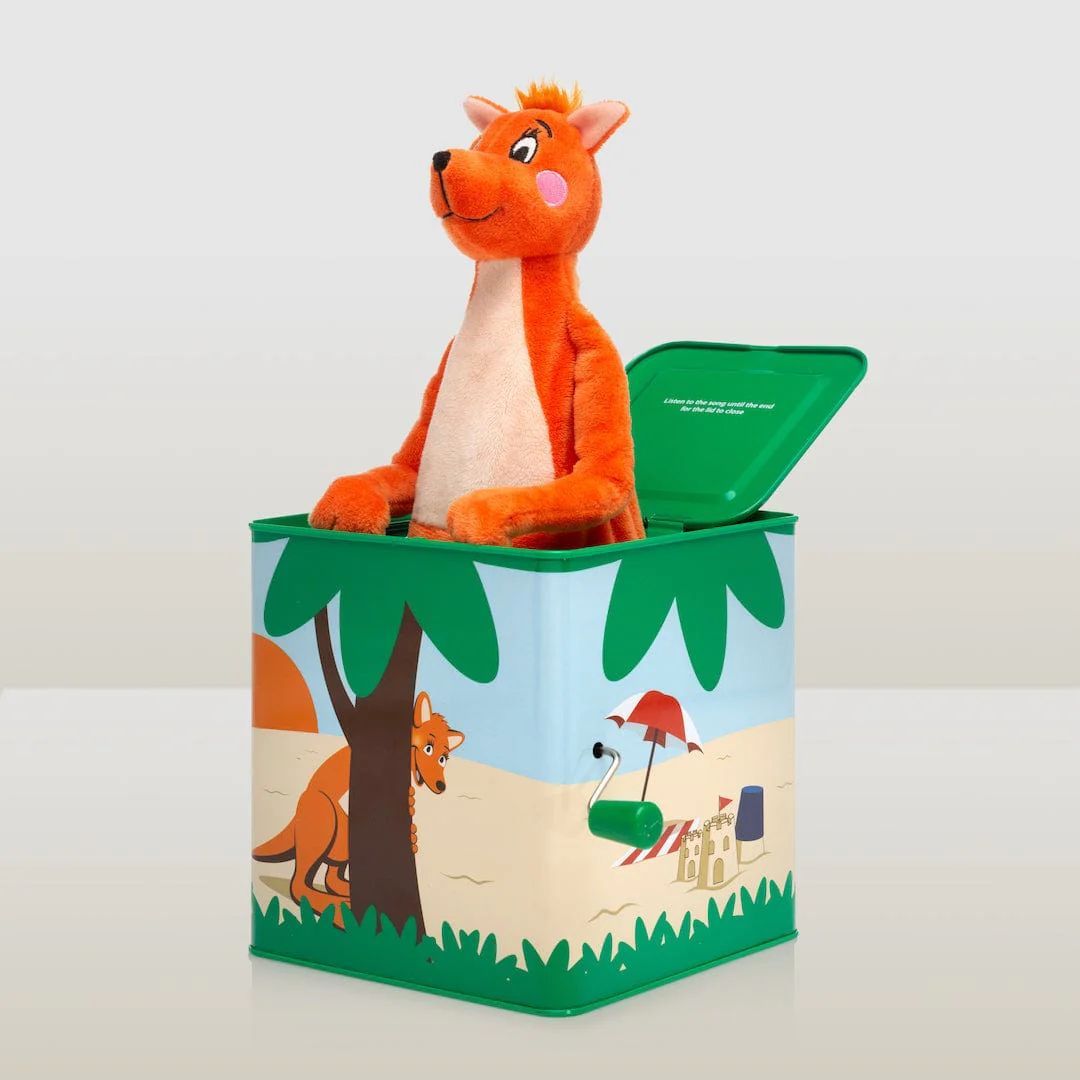
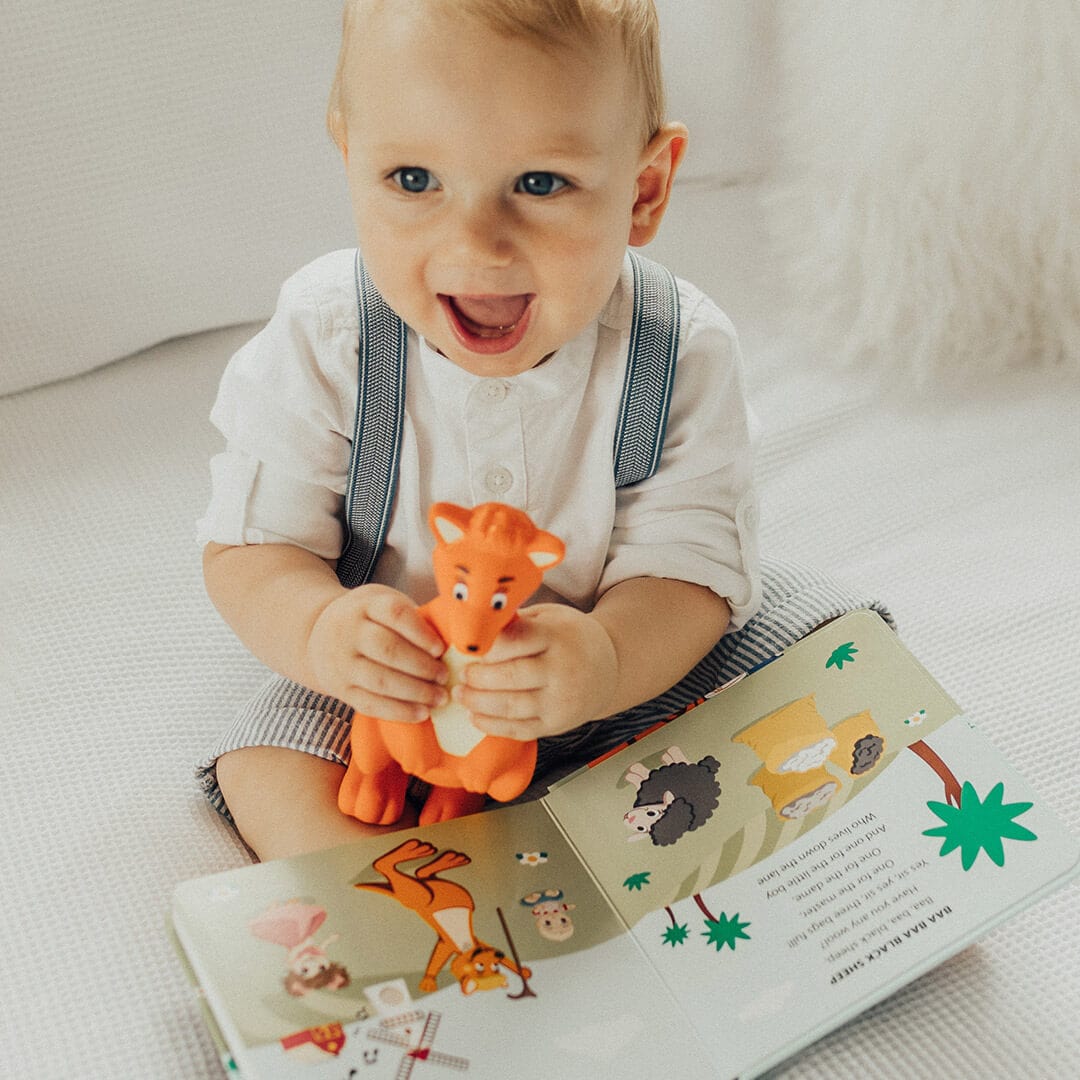
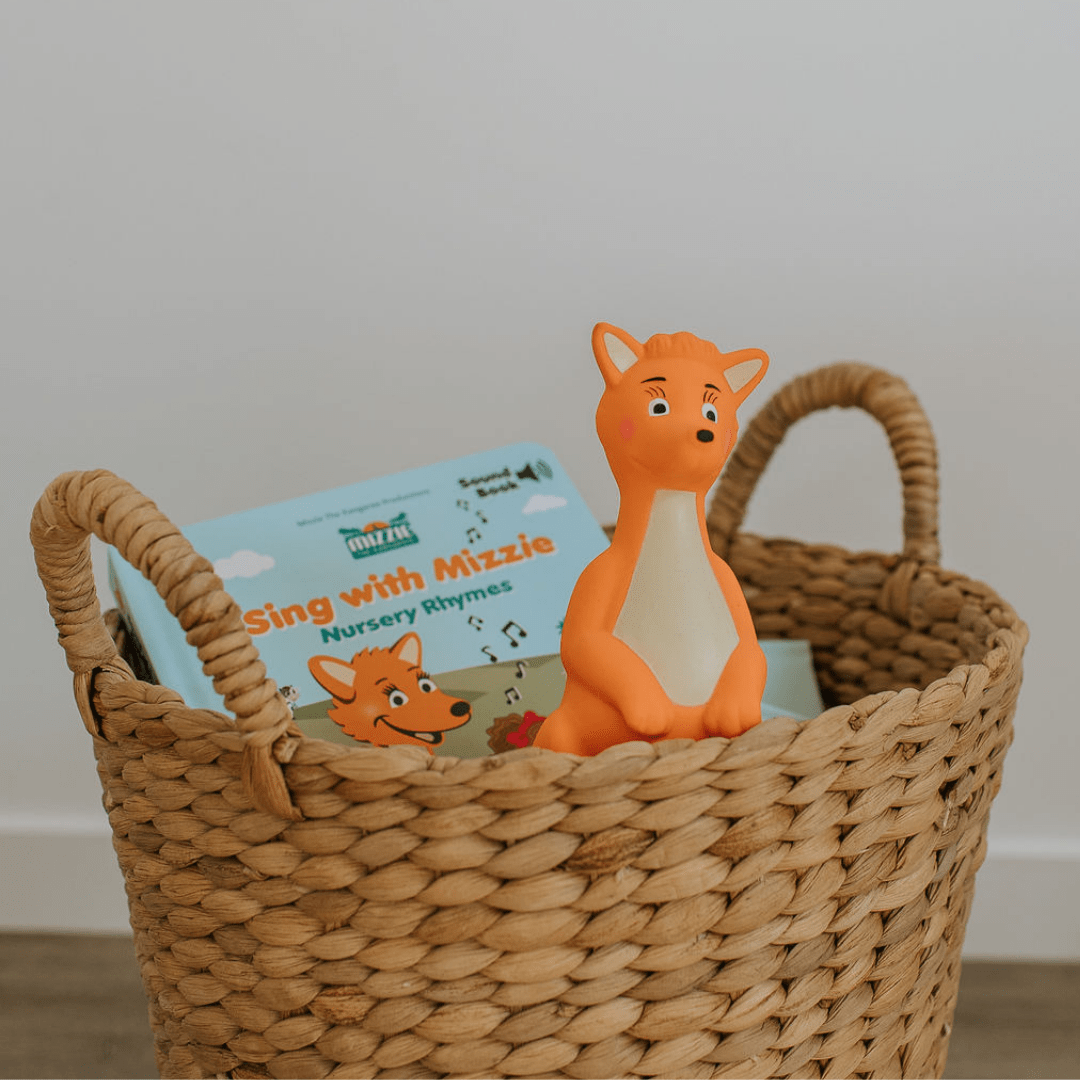
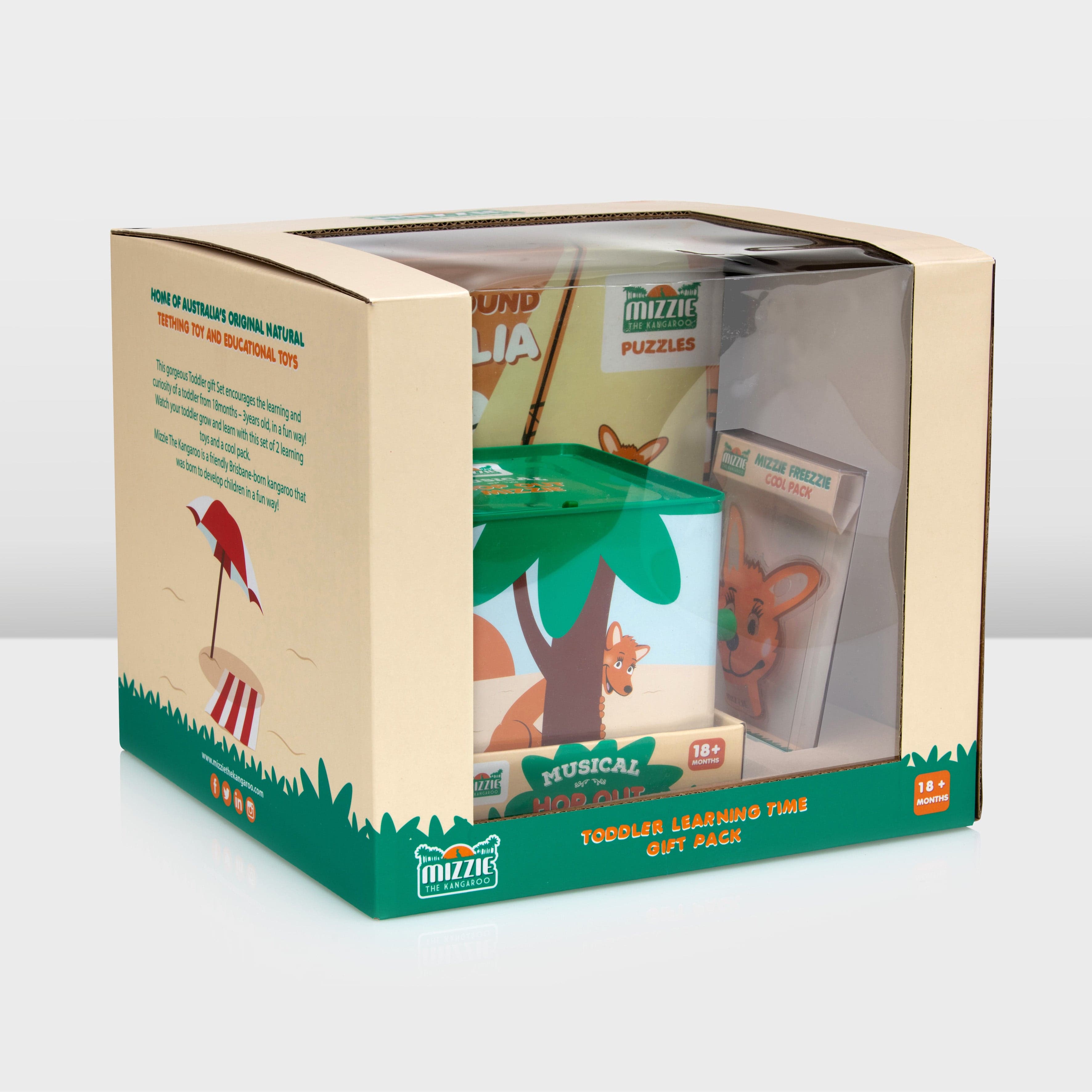
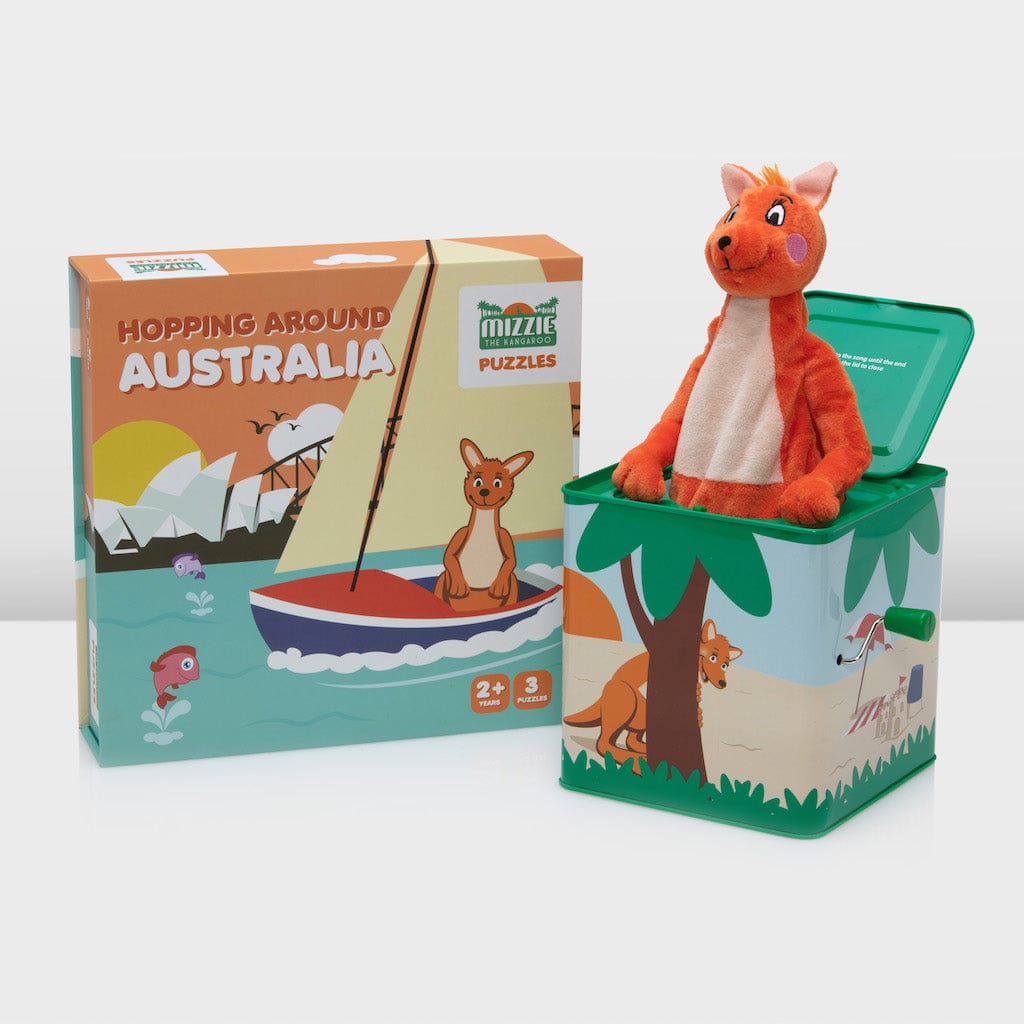
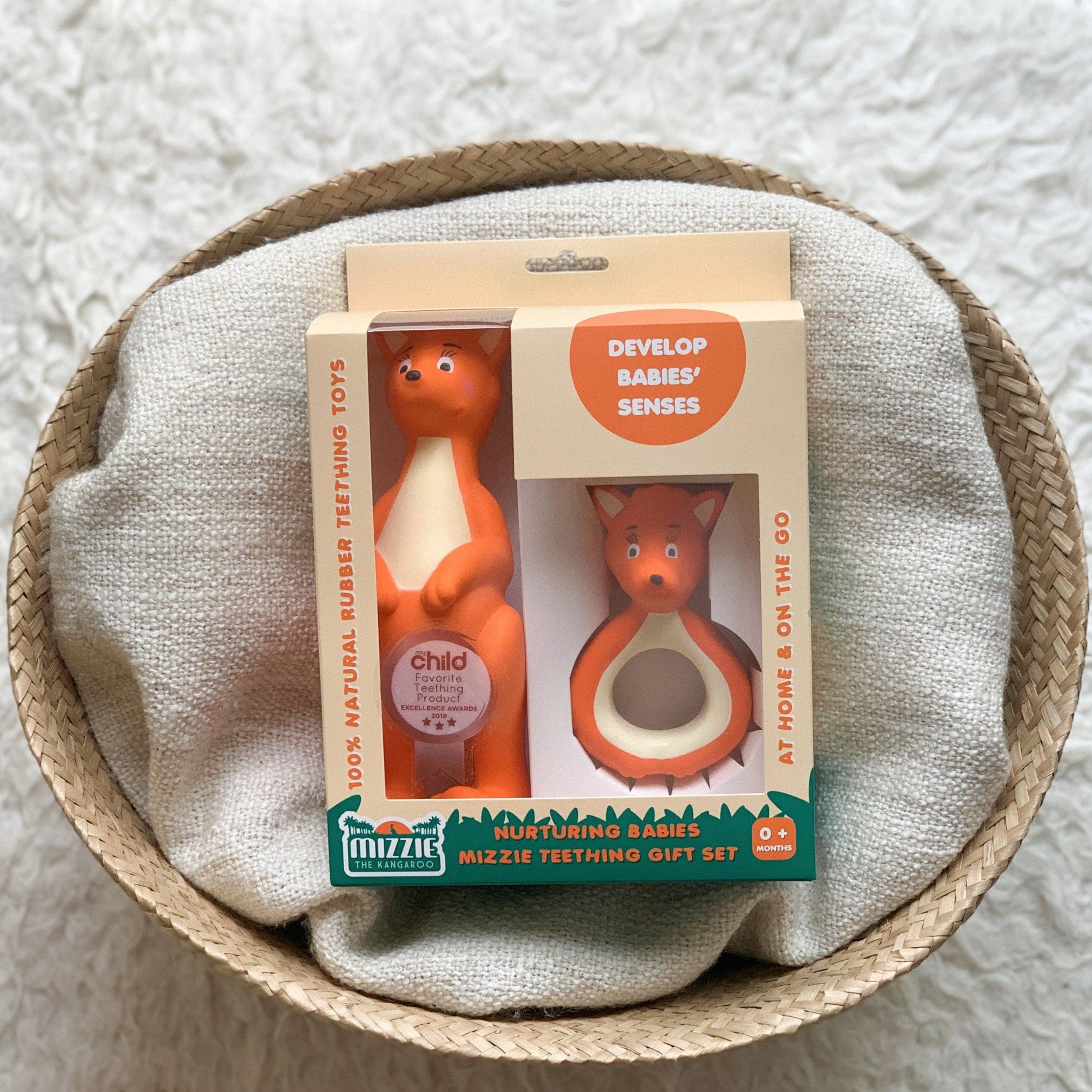
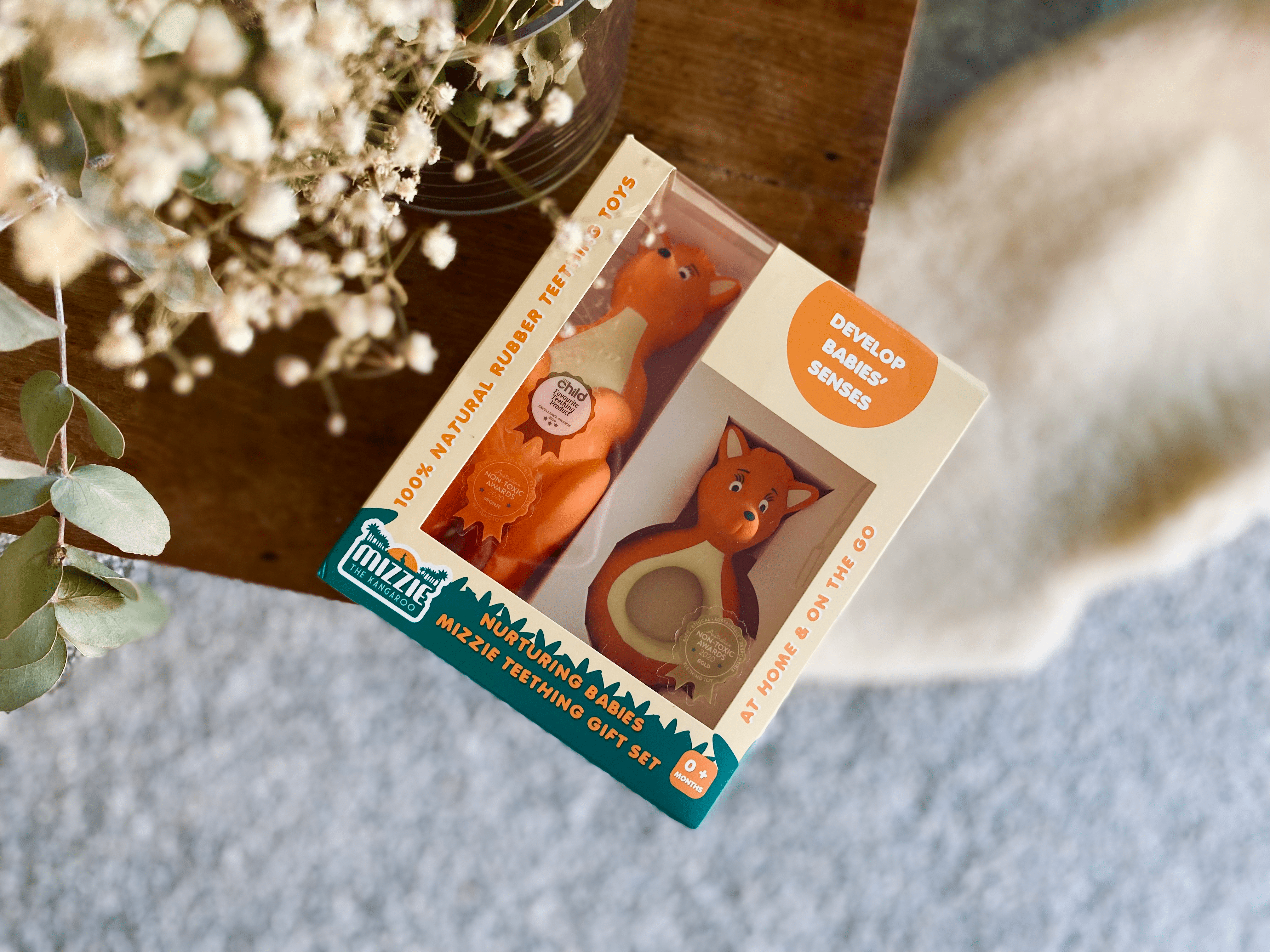
Leave a comment